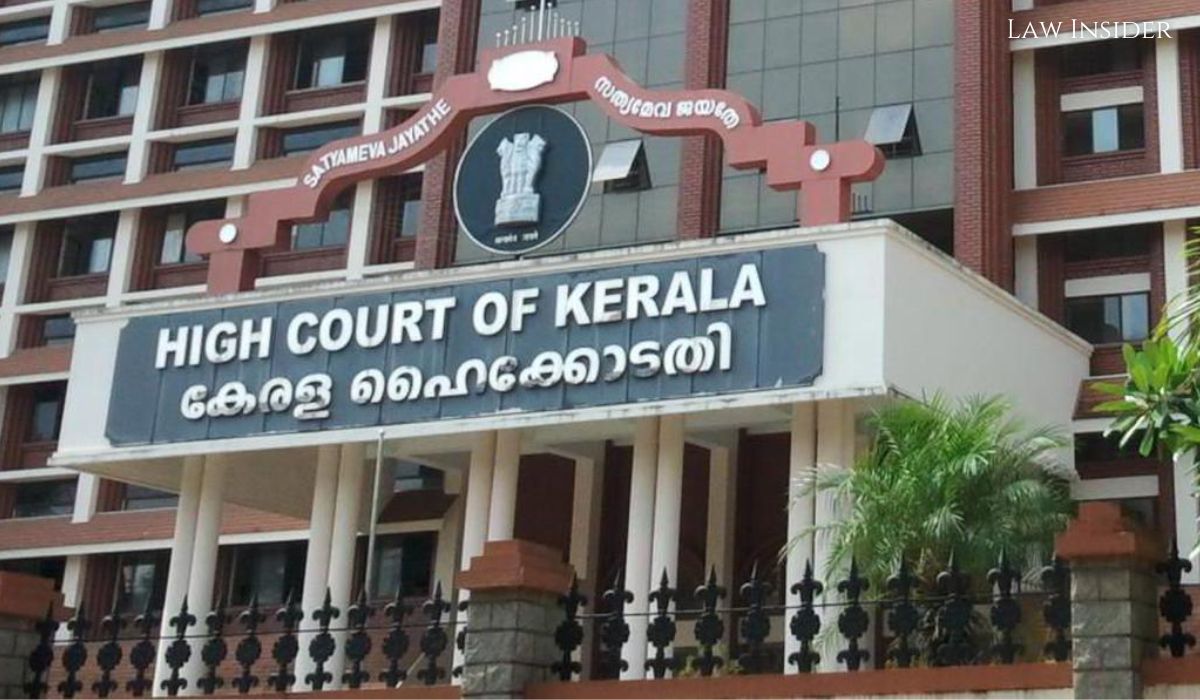LI Network
Published on: 20 September 2023 at 11:24 IST
The Kerala High Court has declared that Input Tax Credit (ITC) cannot be withheld from a purchaser solely due to the absence of the transaction in the GSTR-2A Form.
Justice Dinesh Kumar Singh, while remanding the case to the Assessing Officer to provide an opportunity to the petitioner, emphasized, “If, upon examination of the evidence presented by the petitioner, the assessing officer is convinced that the claim is legitimate and genuine, the petitioner should be granted input tax credit. Denying the assessee the claim of input tax credit merely because the tax is not reflected in Form GSTR-2A should not be considered sufficient grounds.”
The petitioner was aggrieved by the fact that the ITC claim for CGST and SGST amounting to Rs. 44,51,943.08/- had been restricted to an excess claim of Rs. 1,04,376.05/- for CGST. The same amount as SGST credit had been denied to the petitioner on the grounds that, as per GSTR 2A, the taxpayer would only be eligible for the input tax amount shown in CGSTR 2A.
The petitioner’s counsel argued that the denial of input tax credit based solely on the amount mentioned in GSTR 2A, over which the petitioner had no control, was unjust. It was asserted that the Assessing Authority should independently evaluate the petitioner’s claim for ITC, regardless of the GSTR 2A amount.
The counsel relied on Section 16(2) of the GST Act, which stipulates that no registered person shall be entitled to the credit of any input tax unless the conditions mentioned in the provision have been met. It was argued that the petitioner had fulfilled all the prescribed conditions, and the tax had been duly paid to the selling dealer, who had issued a valid tax invoice.
The petitioner contended that, despite complying with the stipulated conditions, the assessing authority had reversed the credited amount and directed the petitioner to pay the tax to the extent of the disallowed input tax credit.
The counsel also referenced several previous decisions emphasizing that ITC should not be denied if the taxpayer had genuinely paid the tax to the selling dealer, with no evidence of collusion between the parties.
Considering the arguments and the impugned assessment order, the Court concluded that the petitioner’s higher input tax claim had been denied solely because the amount was not reflected in GSTR 2A.
“If the seller dealer (supplier) has not remitted the said amount paid by the petitioner to him, the petitioner cannot be held responsible. Whether the petitioner has paid the tax amount and the transactions between the petitioner and the selling dealer are genuine are matters of facts and evidence. The petitioner must fulfill the burden of proof regarding the tax remittance to the selling dealer by presenting evidence as outlined in the Supreme Court’s judgment in The State of Karnataka v. M/S. Ecom Gill Coffee Trading Private Limited (2023),” the Court noted.
Consequently, the Court deemed the impugned assessment order, to the extent of denying ITC to the petitioner, unsustainable. The case was remanded to the Assessing Officer, with instructions to provide the petitioner an opportunity to present evidence regarding the ITC claim.
The Court directed the petitioner to appear before the assessing authority within fifteen days with all the necessary evidence to substantiate the higher ITC claim. “After evaluating the evidence submitted by the petitioner/assessee, the assessing authority shall issue a fresh order in accordance with the law,” the Court concluded, while disposing of the case.

